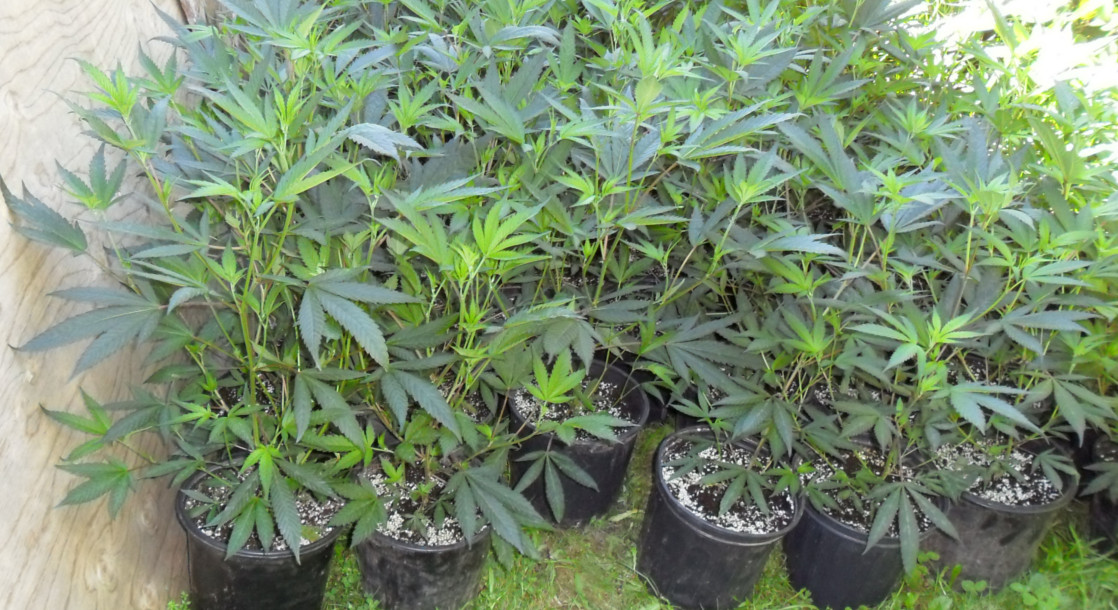Recreational marijuana will be hitting the shelves of licensed retail stores in California next year, but experts believe that the black market for weed will survive despite the legal alternative. According to a report by the state's Department of Food and Agriculture, California pot farms produce around 13.5 million pounds of cannabis per year, but state residents only consume around 2.5 million pounds a year. The authors of the report believe that the excess 11 million pounds is being shipped to states where pot is still illegal.
Out of that 2.5 million pounds of weed that Californians are smoking, economists believe that around half will be purchased illegally. Illegal “sales opportunities will still be there,” said Hezekiah Allen, executive director of the California Growers Association. Allen recently surveyed the members of his organization, which represents over 1,000 canna-businesses, and found that 85 percent hope to get licenses to legally sell cannabis next year.
However, not every applicant for a cannabis retail license is guaranteed to be granted a license, and the legal weed market may force some of smaller grow-ops out of business. Forty percent of the respondents to Allen's survey said they would continue selling black market weed if they were not approved for a license. “At the end of the day, a lot of businesses in general may stay outside of the regulated market,” Allen said.
Law enforcement officials are concerned that an excess of black market weed will draw the ire of the federal government, which has promised to crack down on marijuana trafficking. “You’re going to see robust enforcement efforts to prevent California from becoming the staging area for drug trafficking nationwide,” said John Lovell, a lobbyist for the California Narcotics Officers Association, who opposed Prop. 64.
Jason Kinney, a spokesperson for the Prop. 64 campaign, explained that the legalization measure was only intended to protect “operators who want to be responsible and compliant.” Kinney noted that “no one ever promised to completely eliminate the black market — that’s like promising security cameras will completely eliminate shoplifting — but it will be significantly reduced.”
Lori Ajax, chief of the California Bureau of Cannabis Control, said that the state will attempt to entice growers to go legal by making the official rules easy enough to follow. “It’s making sure those people who want to be in the regulated market, that we have made a path for them, we’re not making our regulations so difficult and hard to comply with that you’re discouraging people,” she said.
“First, we’ve got to get those folks in there and … then see what comes after that with enforcement.”




![Snoop Dogg Plays Madden 20 in the GGL V Championship presented by Blue River Terps [Part 3]](https://merryjane.com/wp-content/uploads/2024/04/1575574102128_PART3Thumbnail.jpg)






